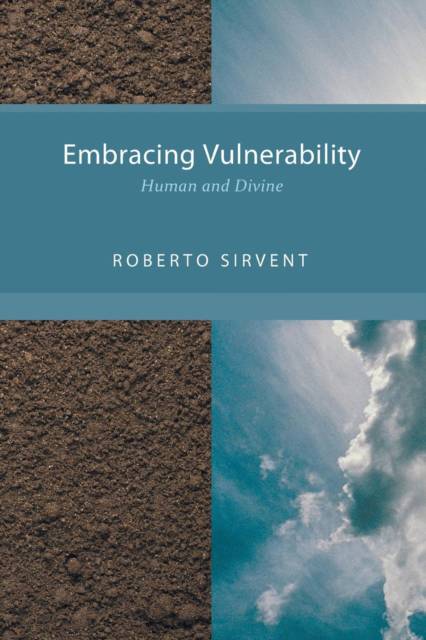
Bedankt voor het vertrouwen het afgelopen jaar! Om jou te bedanken bieden we GRATIS verzending (in België) aan op alles gedurende de hele maand januari.
- Afhalen na 1 uur in een winkel met voorraad
- In januari gratis thuislevering in België
- Ruim aanbod met 7 miljoen producten
Bedankt voor het vertrouwen het afgelopen jaar! Om jou te bedanken bieden we GRATIS verzending (in België) aan op alles gedurende de hele maand januari.
- Afhalen na 1 uur in een winkel met voorraad
- In januari gratis thuislevering in België
- Ruim aanbod met 7 miljoen producten
Zoeken
€ 40,95
+ 81 punten
Uitvoering
Omschrijving
Arguments in favor of divine impassibility take many forms, one of which is moral. This argument views emotional risk, vulnerability, suffering, and self-love as obstacles to moral perfection. In Embracing Vulnerability: Human and Divine, Roberto Sirvent challenges these mistaken assumptions about moral judgment. Through an analysis of Hebrew thought and modern philosophical accounts of love, justice, and emotion, Sirvent reveals a fundamental incompatibility between divine impassibility and the Imitation of God ethic (imitatio Dei). Sirvent shows that a God who is not emotionally vulnerable is a God unworthy of our imitation. But in what sense can we call divine impassibility immoral? To be sure, God's moral nature teaches humans what it means to live virtuously. But can human understandings of morality teach us something about God's moral character? If true, how should we go about judging God's moral character? Isn't it presumptuous to do so? After all, if we are going to challenge divine impassibility on moral grounds, what reason do we have to assume that God is bound to our standards of morality? Embracing Vulnerability: Human and Divine addresses these questions and many others. In the process, Sirvent argues for the importance of thinking morally about theology, inviting scholars in the fields of philosophical theology and Christian ethics to place their theological commitments under close moral scrutiny, and to consider how these commitments reflect and shape our understanding of the good life.
Specificaties
Betrokkenen
- Auteur(s):
- Uitgeverij:
Inhoud
- Aantal bladzijden:
- 212
- Taal:
- Engels
Eigenschappen
- Productcode (EAN):
- 9781625646545
- Verschijningsdatum:
- 13/11/2014
- Uitvoering:
- Paperback
- Formaat:
- Trade paperback (VS)
- Afmetingen:
- 152 mm x 229 mm
- Gewicht:
- 290 g

Alleen bij Standaard Boekhandel
+ 81 punten op je klantenkaart van Standaard Boekhandel
Beoordelingen
We publiceren alleen reviews die voldoen aan de voorwaarden voor reviews. Bekijk onze voorwaarden voor reviews.









